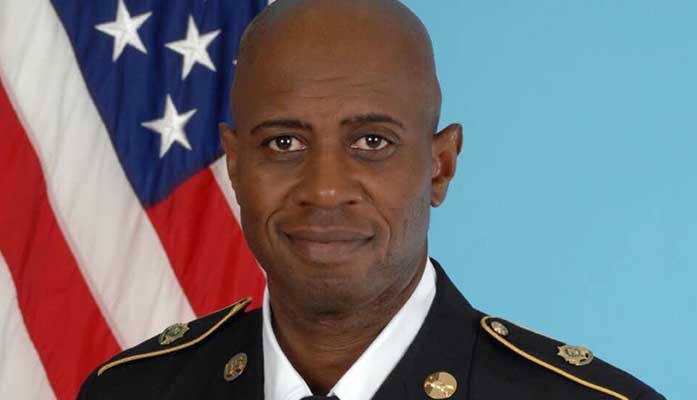
We have come a long way since the days of the Viet Nam war, when active military and veterans were held in very low esteem. This relatively new appreciation of people who are serving or have served has created a situation ripe to be exploited by unscrupulous individuals for personal gain.
Until now, the penalties for faking or exaggerating military service have been relatively minor. Even the well-intended federal Stolen Valor Act of 2013 has some serious gaps in it.
🇺🇸 🇺🇸 VETERANS: Join us at the Capitol on 15 Jan, 12 PM for a Stolen Valor Press Conference.
Share your story and help protect the honor of our service!🇺🇸🇺🇸🇺🇸#StolenValor #Veterans #Veterans #StolenValor #HonorIntegrity pic.twitter.com/ODp2fyvyHt
— Walt Blackman LD7 Representative (Elect) (@BlackmanForAZ) January 11, 2025
That is about to change in Arizona. Republican state representative for Legislative District 7, Walt Blackman, has introduced house bill HB2030, aimed at closing some of those gaps and increasing the penalties for those convicted of stolen valor activity.
Rep. Blackman, a distinguished veteran himself, will be holding a news conference to discuss HB2030 on January 15, 12:00 noon, at the Capitol Rose Garden. Here is what he said about the reason for introducing the bill:
“We cannot allow the honorable service and sacrifice of our military men and women to be undermined by deceitful actors. This legislation sends a clear message that Arizona will not tolerate stolen valor in any form. By holding individuals accountable for misrepresenting their military status for personal, political, or financial gain, we uphold the integrity of our veterans’ contributions and the trust of our citizens.”
It is very likely that this bill will be heard in committees early in the 2025 legislative session, which will begin on January 13.
Unlike many legislative bills, this one is rather short, only one page, and easy to read, which may be done by clicking HERE
As with all important legislation, it is recommended that citizens become familiar with HB2030 by reading the bill and attending the discussion on January 15.

